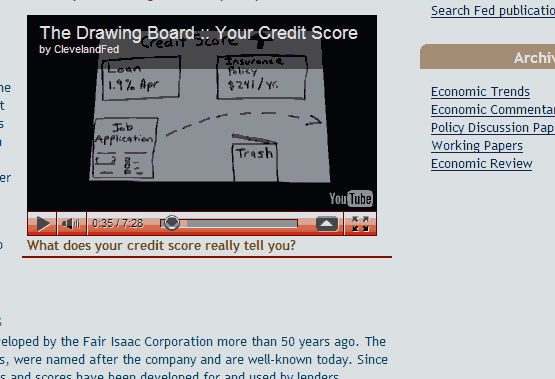From: Valerie Androutsopoulos
Sent: Wednesday, March 23, 2011
To: ‘greg@creditscoring.com’
Subject: RE: credit score, employers, Baltimore Sun, Tribune Company, 2011-03-20
This was in spam. That’s the part that everyone’s missing. The credit histories DO NOT CONTAIN SCORES.
Valerie
From: Greg Fisher
Sent: Thursday, March 24, 2011 5:23 PM
To: Jane Hirt, managing editor, Chicago Tribune; Allison T. Davis, vice president, communications, Equity International; Jennifer Moralis, vice president, operations, Equity International
Cc: United Press International; Valerie S. Androutsopoulos, principal, Vangel Paper Inc.; Julie Bykowicz, reporter, Baltimore Sun, Tribune Co.; Mary Corey, director of content and senior vice president, Baltimore Sun, Tribune Co.; Talk Back, editor, Baltimore Sun, Tribune Co.; Timothy E. Ryan, publisher, president and chief executive officer, Baltimore Sun, Tribune Co.
Subject: RE: credit score, employers, Baltimore Sun, Tribune Company, Equity International, 2011-03-20, terms
[FORWARD THIS MESSAGE TO SAM ZELL]
Sam Zell, chairman
Equity International
Chicago
The result of the attached correspondence regarding the employers and credit scores myth must convince you of the irresponsibility of continuing to maintain inaccurate information on the websites of the Los Angeles Times, Hartford Courant, Orlando Sentinel, South Florida Sun Sentinel, Newport News Daily Press, Allentown Morning Call, Chicago Tribune and any other property you control. I feel it is so, and regard it as my duty to shift from myself to you the responsibility of any further dishonor and embarrassment to you and your colleagues. I do so by asking for your discontinuation of spreading the myth and of your attempts at enriching yourself through advertising placed on those pages containing the misinformation that harms the public.
Through what email address do you wish to discuss the terms under which you will make your corrections?
—
Greg Fisher
The Credit Scoring Site
creditscoring.com
PO Box 342
Dayton, Ohio 45409-0342
